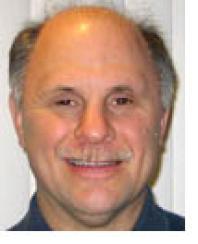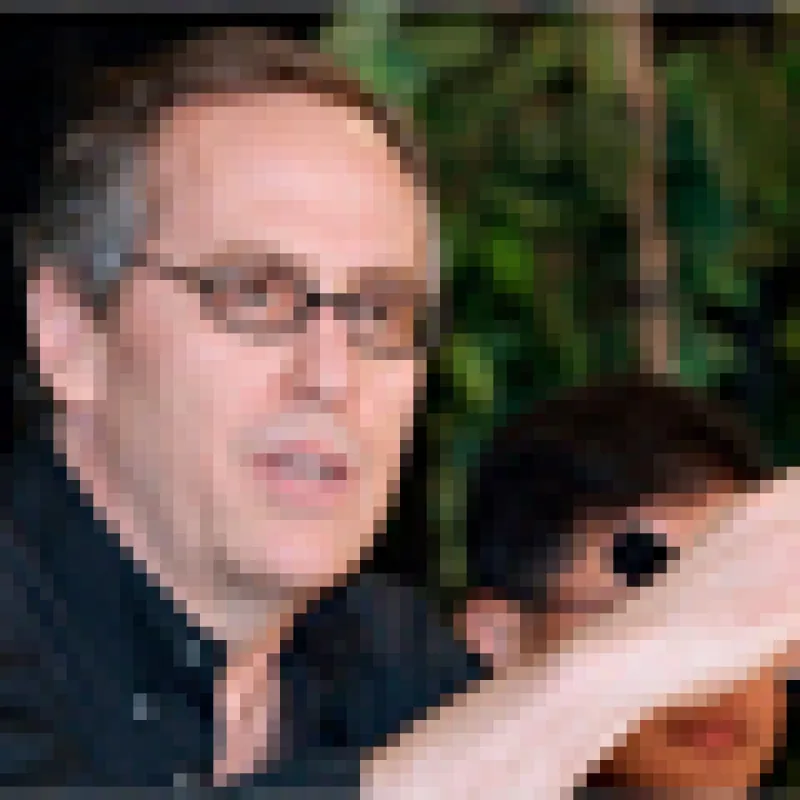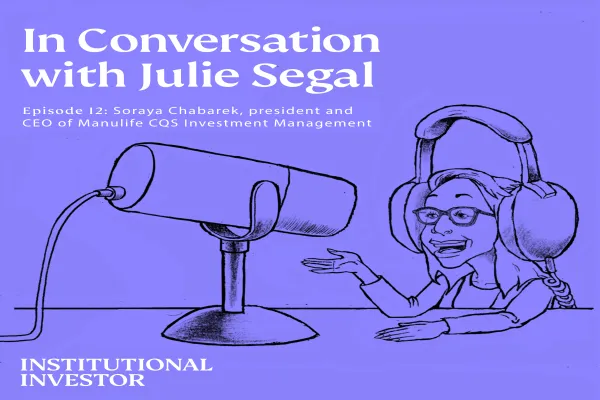
Several of them are even losing money while others are barely in the black. If performance does not pick up soon, those managers who are still far from their high water marks may soon have to deal with restless impatient investors who would like to make back their losses already and employees who would like a nice bonus for their huge efforts.
At the moment, both groups will have to wait even longer than they had hoped.
For example, Citadel Investment Group’s two main funds — Wellington and Kensington — are flat so far this year, according to sources. Sure, they were up more than 60 percent last year. But, it still put them well below break-even since they lost 50 percent in 2008.
As a result, the Chicago firm, founded by Ken Griffin in 1990, has shrunk to $13 billion from a high of $20 billion two years ago, say sources. The 41-year-old is legendary for having traded convertibles from his Harvard dorm room.
He has been trying to diversify his business, however. Citadel is also a market-maker in options and equities, has an institutional sales and trading business and a fund administration platform. And last May it launched an investment bank amid much fanfare.
However, the firm has been suffering from a rash of defections. Earlier this year, Todd Kaplan, who headed up the investment bank, resigned from the firm, making his the third key departure since last October. And Bloomberg reported that Brad Begle, who ran convertible bonds, is leaving at the end of the month.
D.E. Shaw, which manages $27 billion, is also struggling. Composite International, the quantitatively-driven hedge fund firm’s larger multistrategy fund is roughly flat while Oculus, a smaller macro fund, is down about 1 percent, sources confirm. This is the firm founded by 56-year-old science whiz David Shaw, who taught computer science at Columbia University after receiving his Ph.D from Stanford. These days you are more likely to find him at D.E. Shaw Research, an independent scientific research laboratory, where he serves as its chief scientist. A hand-picked team of six leads the investment firm. At least Shaw’s two funds entered the year above their high water marks.
Stevie Cohen’s SAC Capital, which is mostly a long-short firm that likes to trade a lot, was up 5 percent through the end of March, say sources, worse than the S&P 500. Last year he did retrace 2008’s losses with a 29 percent gain.
You can at least excuse Cohen for being somewhat distracted. His ex-wife Patricia Cohen, with whom he was married several decades ago, recently sued him for the second time in less than a year seeking a big chunk of his fortune on the grounds that she played a big role in his early success. According to reports, she wants “a substantial, if not controlling, interest” in SAC, which runs about $13 billion.
Ex-wives throughout the country will no doubt be following this case. In fact, sources tell me Iris Robinson is also seeking Benjamin Braddock’s earnings from the plastics business.
But, back to struggling hedge funds.
A number of large fund firms that are struggling so far this year either made money in 2008 or lost small amounts. So, they get a little more of a pass.
Take Brevan Howard, London’s largest hedgie with $27 billion. One of the largest hedge funds in Europe, overseen by Alan Howard, was down 1.16 percent through March 19 this year, says a recently released hedge fund industry report.
However, keep in mind that not only was his main fund — which manages more than $21 billion — up 18 percent last year, it was up 22 percent in 2008 when most of their peers were in the red. BH’s emerging markets fund was flat while the Asia fund was down more than 1 percent through March 19.
Moore Capital’s Louis Bacon is also struggling so far this year. Moore Global Investment, the fund managed by the reclusive North Carolinian, who now lives in London, was up just 1.5 percent through March 25, the report says. That’s all right. The fund was up 22 percent last year after dropping just 4 percent in 2008.
However, Moore Emerging Market Fund, run by Greg Coffey, was down nearly 6 percent through March 25. Coffey is the guy who two years ago bolted from GLG Partners because he thought he could make more than the $100 million-plus he was already making by being on his own.
Coffey, though, is not a good market timer. He made his entrepreneurial decision as the global markets were imploding. So, he never did open his own firm. Rather, he went to work for another one, albeit in the same office building at 1 Curzon Street in the Mayfair section of London where GLG resides.
Tudor BVI Global Fund is also lagging this year. It was flat through March 26. The multi-strategy fund is managed by Paul Tudor Jones II, who started off as a cotton trader and is now best known outside Wall Street for founding the Robin Hood Foundation.
Caxton Global Investments, run by Republican supporter Bruce Kovner, climbed just 2.54 percent through the end of March. So, what’s all this under-performance by the multi-strat and other large funds? Experts note that last year there were many trends to ride — including equities and the contracting of credit spreads.
This year, there is no market that is rallying in a big way. And managers are probably skeptical of the stock market’s continued run-up. Of course, there are some big winners. As we noted earlier in the week, Appaloosa’s David Tepper is up 14.5 percent while The GLG Market Neutral Fund is up more than 17 percent.
And Third Point Offshore Fund’s Dan Loeb, best known for his confrontational letters to management of companies he wants to shake-up, was up 15.3 percent in the first quarter.
Stephen Taub, who has covered the hedge fund industry for 30 years, is a contributing editor to Institutional Investor and Absolute Return-Alpha







